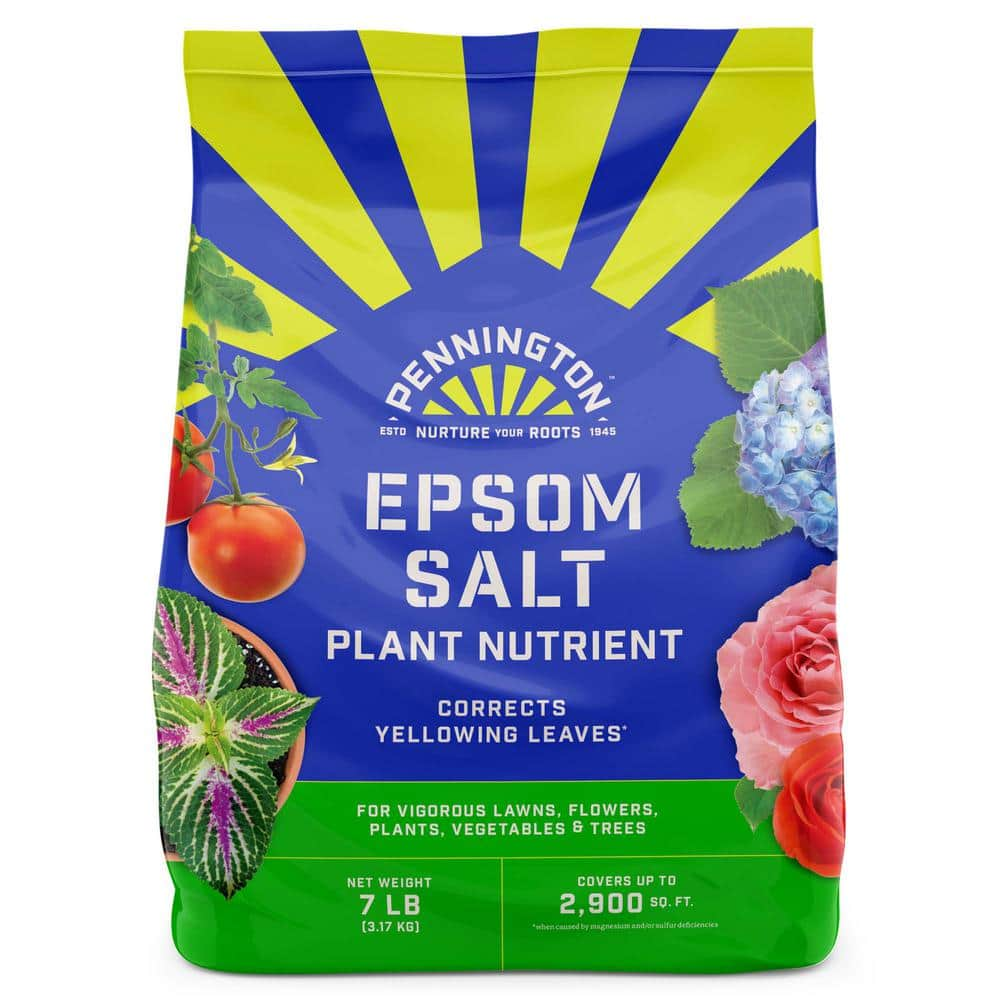Introduction
Epsom salts have long been touted as a versatile gardening aid, offering an affordable and natural way to enhance plant growth and soil health. Gardeners frequently ask, “Can Epsom salts help my garden?” or “How do I use Epsom salts for plants?” This article provides a detailed, expert-backed look at how Epsom salts can benefit your garden, practical application methods, and important considerations to maximize results. Whether you grow flowers, vegetables, or houseplants, understanding the role of Epsom salts in gardening can improve your plant vitality and yield.
What Are Epsom Salts and Why Are They Used in Gardening?
Epsom salts, chemically known as magnesium sulfate, consist of magnesium, sulfur, and oxygen. These minerals are essential nutrients for plants:
- Magnesium helps in chlorophyll production, crucial for photosynthesis.
- Sulfur supports enzyme function and protein synthesis.
Unlike traditional fertilizers, Epsom salts do not contain nitrogen, phosphorus, or potassium but serve as a supplementary mineral source. Many gardeners use Epsom salts to address magnesium deficiency, a common but often overlooked problem.
How Magnesium Benefits Plants
Magnesium strengthens plant cell walls and boosts nutrient uptake. Deficiency symptoms include yellowing leaves, poor fruit development, and stunted growth. Applying Epsom salts can quickly replenish magnesium levels, improving overall plant health.
How to Use Epsom Salts in Your Garden
Proper application is key to harnessing the benefits of Epsom salts without causing harm. Here are expert-recommended methods:
Soil Application
- Sprinkle 1 tablespoon of Epsom salts per square foot around the base of plants.
- Gently work it into the topsoil to enhance absorption.
- Water the soil well after application to help dissolve the salts.
Foliar Spray
- Dissolve 1 tablespoon of Epsom salts in 1 gallon of water.
- Spray directly onto leaves once every 2-4 weeks.
- Foliar feeding allows rapid magnesium absorption through the leaves.
Seed Starting
- Add a pinch of Epsom salts to seed-starting soil mixes.
- This can strengthen seedlings by providing essential minerals early on.
Note: Always test soil pH and nutrient levels before repeated use to avoid imbalance.
What Plants Benefit Most from Epsom Salts?
While many plants can benefit, some respond particularly well to Epsom salt supplementation:
- Tomatoes: Magnesium improves fruit size, flavor, and disease resistance.
- Peppers: Helps reduce blossom end rot and promotes strong plants.
- Roses: Enhances color vibrancy and bloom quantity.
- Houseplants like orchids and ferns: Supports lush foliage growth.
Case Study: Tomato Garden Success
A 2021 study from a horticultural research center showed that tomato plants treated with Epsom salts foliar sprays produced 15% more fruit and exhibited fewer signs of nutrient stress compared to untreated controls.
Potential Risks and When to Avoid Epsom Salts
While generally safe, improper use of Epsom salts can lead to negative effects:
- Overapplication may cause soil nutrient imbalance, particularly excess magnesium competing with calcium uptake.
- Avoid using Epsom salts if your soil already has sufficient magnesium (test soil first).
- Not a substitute for balanced fertilization; Epsom salts only supplement magnesium and sulfur.
Expert Tip: Conduct soil tests annually and use Epsom salts only when a magnesium deficiency is confirmed.
Additional Tips for Maximizing Epsom Salt Benefits
- Combine Epsom salts with regular organic compost to improve overall soil health.
- Use during active growth phases for best results (spring and summer).
- Store Epsom salts in a dry place to prevent clumping.
Conclusion
Epsom salts can be a valuable addition to your gardening toolkit, offering a natural source of magnesium and sulfur to boost plant health and productivity. When used correctly, they enhance photosynthesis, improve nutrient uptake, and support vibrant flowers and fruitful vegetables. However, their use should be guided by soil testing and balanced gardening practices to avoid nutrient imbalances. Start with small, targeted applications and observe your plants’ response. With expert application, Epsom salts can unlock healthier, more vigorous growth in your garden, making your gardening experience more rewarding and sustainable.
